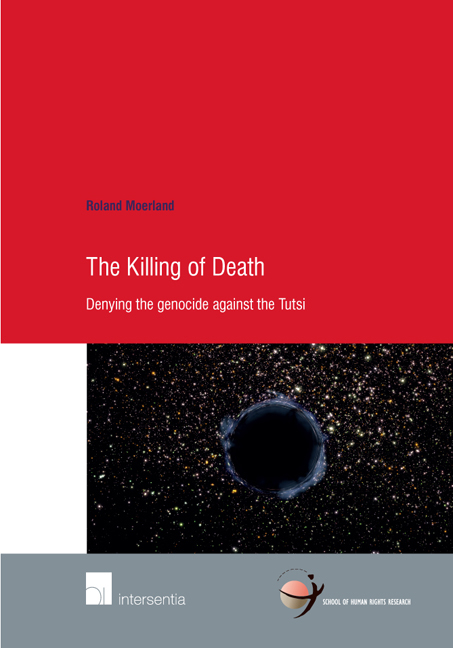Book contents
- Frontmatter
- Dedication
- Preface
- Contents
- List of abbreviations
- Table of figures
- Introduction
- Part I Exploration
- Part II Inspection
- Part III Reflection
- Chapter 6 Broader implications
- Chapter 7 A look in the mirror
- Chronological overview of significant interviews, consultations and events
- Selected bibliography
- Curriculum vitae
- School of Human Rights Research Series
Chapter 6 - Broader implications
from Part III - Reflection
Published online by Cambridge University Press: 21 September 2018
- Frontmatter
- Dedication
- Preface
- Contents
- List of abbreviations
- Table of figures
- Introduction
- Part I Exploration
- Part II Inspection
- Part III Reflection
- Chapter 6 Broader implications
- Chapter 7 A look in the mirror
- Chronological overview of significant interviews, consultations and events
- Selected bibliography
- Curriculum vitae
- School of Human Rights Research Series
Summary
Introduction
The insights gained throughout this study concerning how denial operates in the context of the process of genocide have implications for a wider variety of actors who somehow engage with the flow of meaning concerning the events in Rwanda. To this end, this Chapter will continue to reflect on how the discursive actions of other actors not readily associated with genocide denial can be problematic in terms of genocide denialism because they somehow facilitate the denial dynamic. The analysis does not aim to be an ad hominem attack, although perlocutionary, it might be perceived as such by those whose work is addressed below. Nonetheless, it is not about the specific actors, it is about their speech and discourse and the aim of the analysis is to raise awareness of how speech that is otherwise not directly deemed questionable, through the prism of genocide denialism presented in this research, can become problematic. Denial is an interpersonal phenomenon and in order to be able to deny the genocide against the Tutsi successfully, deniers rely on others who knowingly collude or unintentionally support their alternative construction of reality. One can thus get caught in the web of denial more easily than one might initially think. By addressing the discursive actions of several actors, this Chapter aims to highlight the broader dynamics of denial on which genocide thrives. To this end, the first part of the Chapter problematises the endorsements of Herman & Peterson's book The politics of genocide made by notable intellectuals such as Noam Chomsky and Jon Pilger. Subsequently, the work of Professors Christian Davenport & Allan Stam is discussed. Their work in Rwanda will receive elaborate attention because it has been systematically used in discourse that denies the genocide against the Tutsi. The question is whether their findings are simply abused or whether there are more fundamental issues concerning their research that could explain why it is used in denialist articulations. Furthermore, Lemarchand's work on the genocide is interesting in this context. Lemarchand, one of the most notable Rwanda scholars, appears to have developed a more extreme revisionist stance concerning what happened in Rwanda. The development of his narrative, especially on the downing of President's Habyarimana's airplane, raises questions from the perspective developed throughout this study. It will therefore receive considerable attention.
- Type
- Chapter
- Information
- The Killing of DeathDenying the genocide against the Tutsi Roland Moerland, pp. 233 - 300Publisher: IntersentiaPrint publication year: 2016



